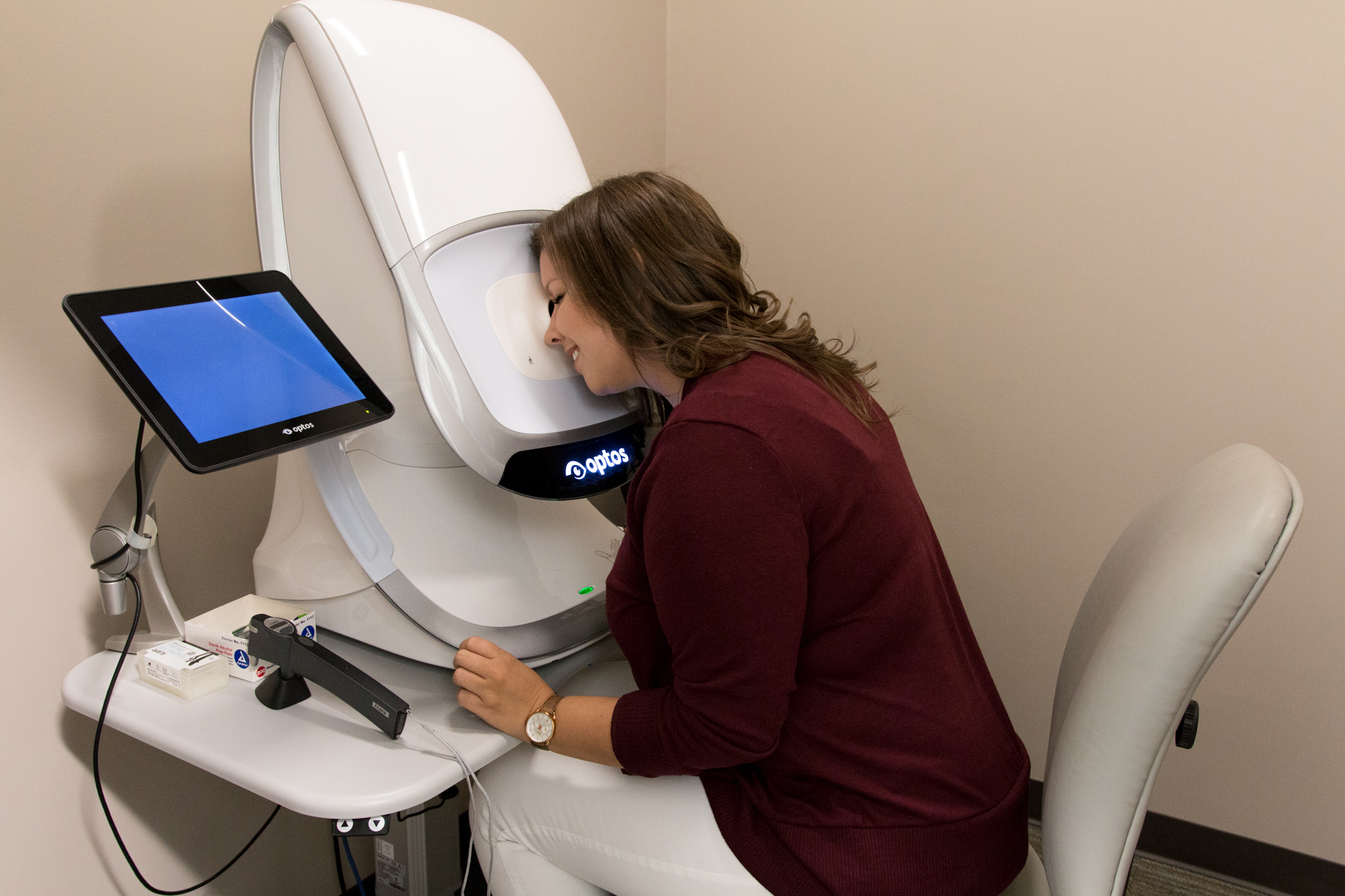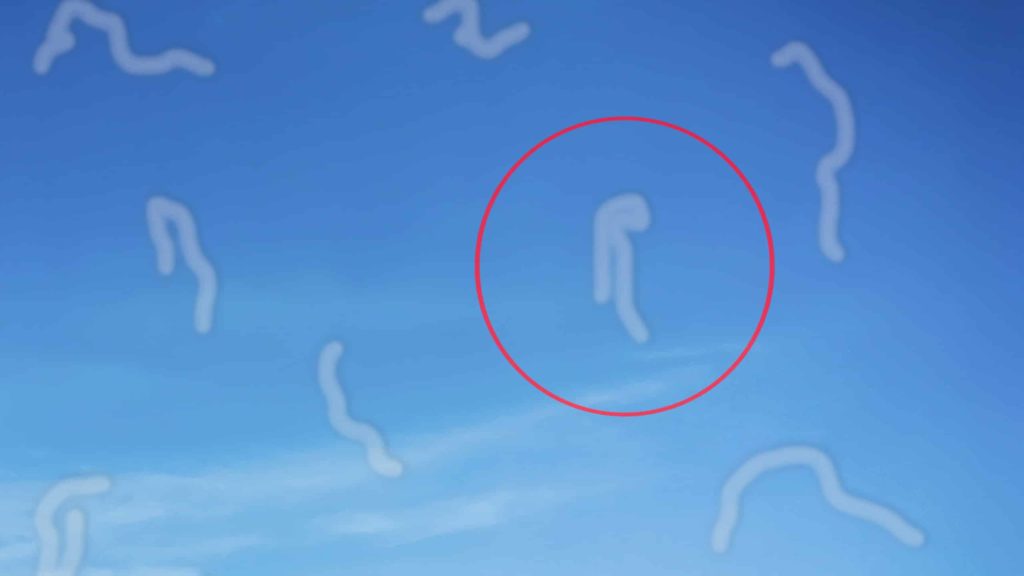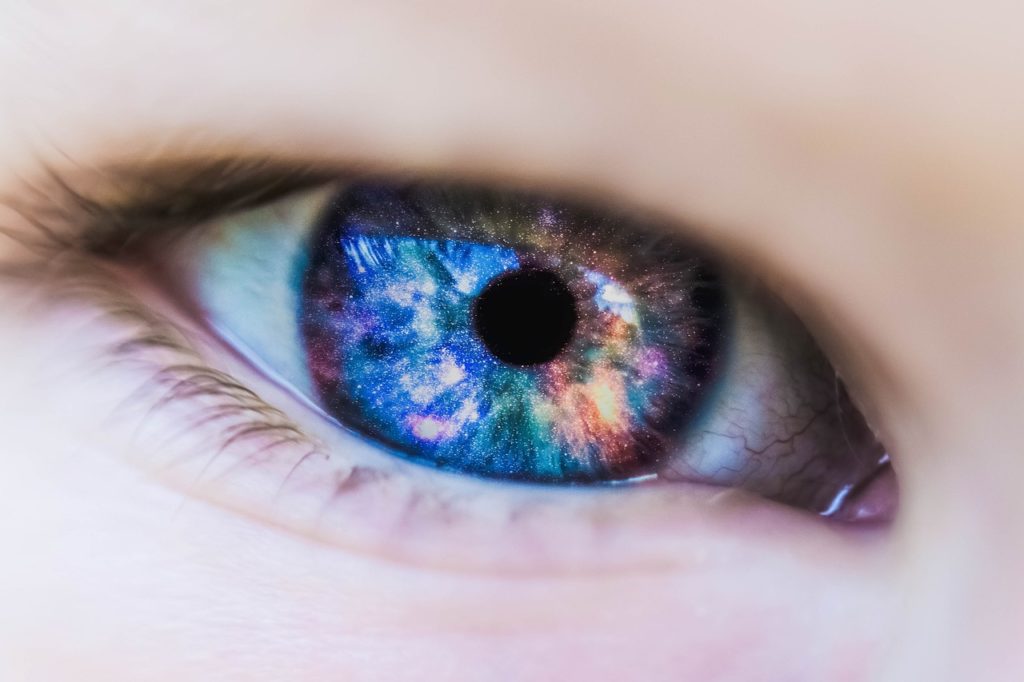Have you ever noticed those tiny, dark specks that seem to dance across your field of vision? These are called eye floaters. While floaters in eyes are common, you may wonder what they are, if they’re dangerous or signs of serious issues, and when to seek medical attention.
At Innovative Eye Care, we provide the best eye care services, including treatment for eye floaters in Charlotte near Dilworth and Myers Park, NC, and educate patients on how to preserve their vision. To that end, we’ve created this post to show you what eye floaters are, their causes, how they impact your eye health, and the treatment available to you.
What Are Eye Floaters?
Eye floaters (miodesopsias) are small, shadowy shapes that appear to move across your field of vision. These floaters happen when the vitreous, a jelly-like substance in the middle of your eye, starts to shrink and pull away from your retina. This is a normal part of aging.
As the vitreous shrinks, it can leave behind tiny clumps of collagen fibers that float around in your eye. When these tiny clumps of collagen fibers pass in front of your macula, the center part of your retina, you see their shadows. This is why they seem to move around and change shape.
Causes Of Eye Floaters
Age is the most common cause of floaters in the eye, and this condition is a part of the natural aging process for many individuals. However, several other factors can cause vitreous changes within your eyes and lead to eye floaters. These include:
Retinal Tear and Retinal Detachment
A torn retina occurs when the vitreous contracts and pulls on the retina with enough force to tear it. If left untreated, it can progress to retinal detachment. This can happen if fluid leaks behind the tear, causing the retina to peel away (separate from the underlying tissue). Retinal detachment can lead to permanent vision loss if not addressed promptly.
Uveitis
This is inflammation of the Uvea, the middle layer of tissues in the eye wall. It is caused by inflammatory diseases, infection, and autoimmune disorders and can lead to floaters in the eyes, pain, redness, and blurred vision.
Eye Bleeding (Vitreous Hemorrhage)
Blocked blood vessels, diabetes, retinal tears or detachments, high blood pressure, and injury can lead to bleeding in your vitreous cavity. When this happens, you’ll see the blood cells as floaters.
Eye Medication and Surgery
Some medications injected into the vitreous can lead to air bubbles, which appear as dark spots until your eye absorbs them. Silicone oil bubbles used in certain vitreous and retinal surgeries can also be seen as floaters.
Diabetic Retinopathy
This condition is a complication of diabetes that damages the blood vessels in the retina. It can cause floaters, blurred vision, and even blindness.
Myopia
If you’re suffering from myopia, you may be more likely to develop myodesopsias due to the increased stress on your eye’s structure.
Are Eye Floaters Dangerous?
If you have eye floaters, you might wonder if they are dangerous or if they pose a risk to your eye health. In most cases, eye floaters are harmless. They are typically caused by age-related changes in your eye’s vitreous and do not indicate that your eyes are not healthy.
However, if you experience a sudden increase in floaters, especially accompanied by flashes of light or a loss of peripheral vision, you should seek medical attention immediately. This could be a sign of a more serious condition like a retinal tear or detachment, which can lead to vision loss if not treated promptly.
It’s important to consult with experienced Charlotte eye doctors like Dr. Mumford, O.D., Dr. Kenning, O.D., and Dr. Krisa, O.D., to determine the cause of your floaters and receive appropriate treatment.
Treatment For Eye Floaters
Our eye doctors in Charlotte near Dilworth and Myers Park, will thoroughly examine your eyes and medical history to accurately diagnose and identify the underlying cause of your eye floaters. Based on their findings, they will create a personalized treatment plan which may include:
- Medication: This may include eye drops and medications to lubricate your eyes, reduce pain, and address issues like itching and redness.
- Laser Treatment: This will help break up the floaters and improve your vision.
- Vitrectomy: If you have an excessive number of floaters that significantly impair your vision, we may recommend a surgical procedure called vitrectomy. During this procedure, your vitreous will be removed and replaced with either a saline solution or a bubble made of gas or oil.

Conquer Eye Floaters with Eye Treatments in Charlotte, NC
If you’re concerned about myodesopsias or experiencing any other eye symptoms, don’t hesitate to contact us to schedule an appointment for your eye health evaluation and eye floater treatment in Charlotte. Remember, early diagnosis and treatment can help prevent vision loss and ensure your overall eye health.






